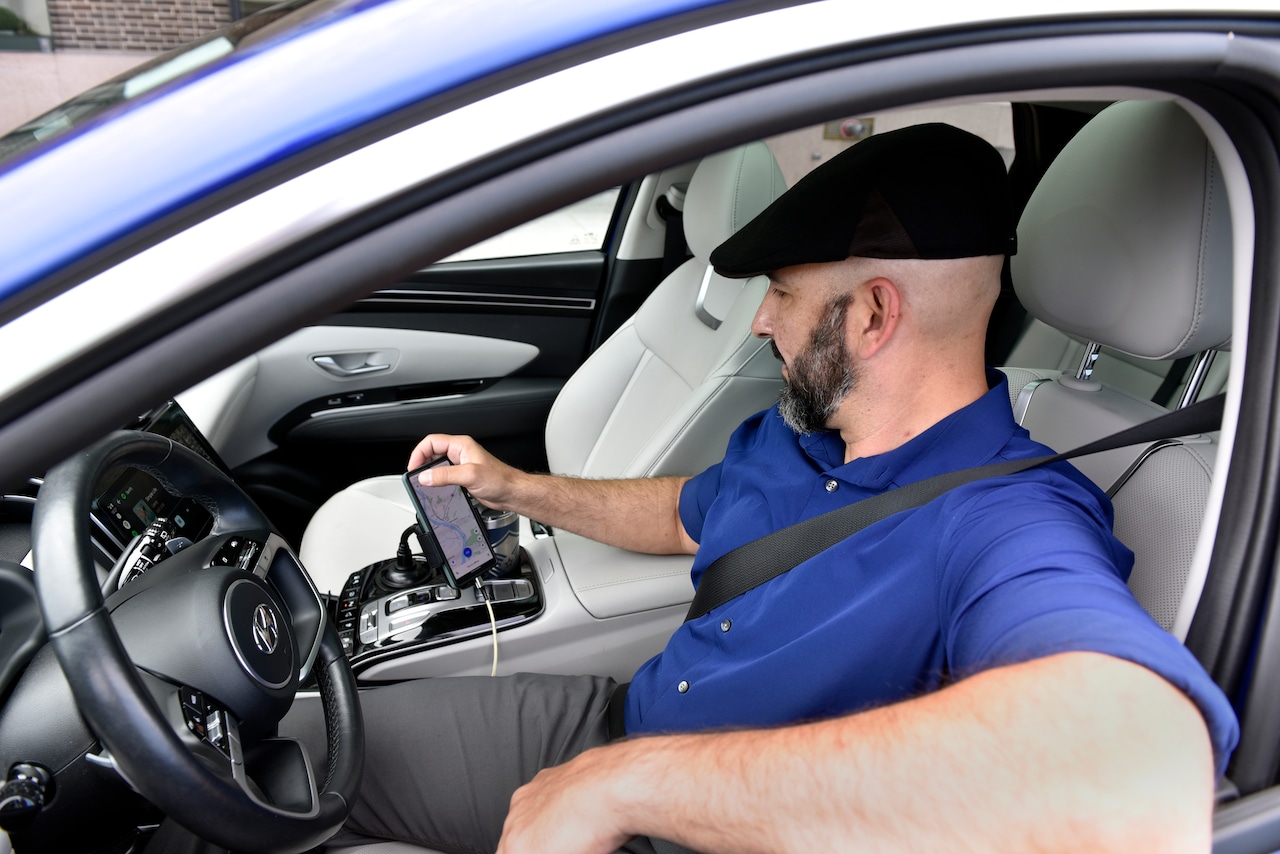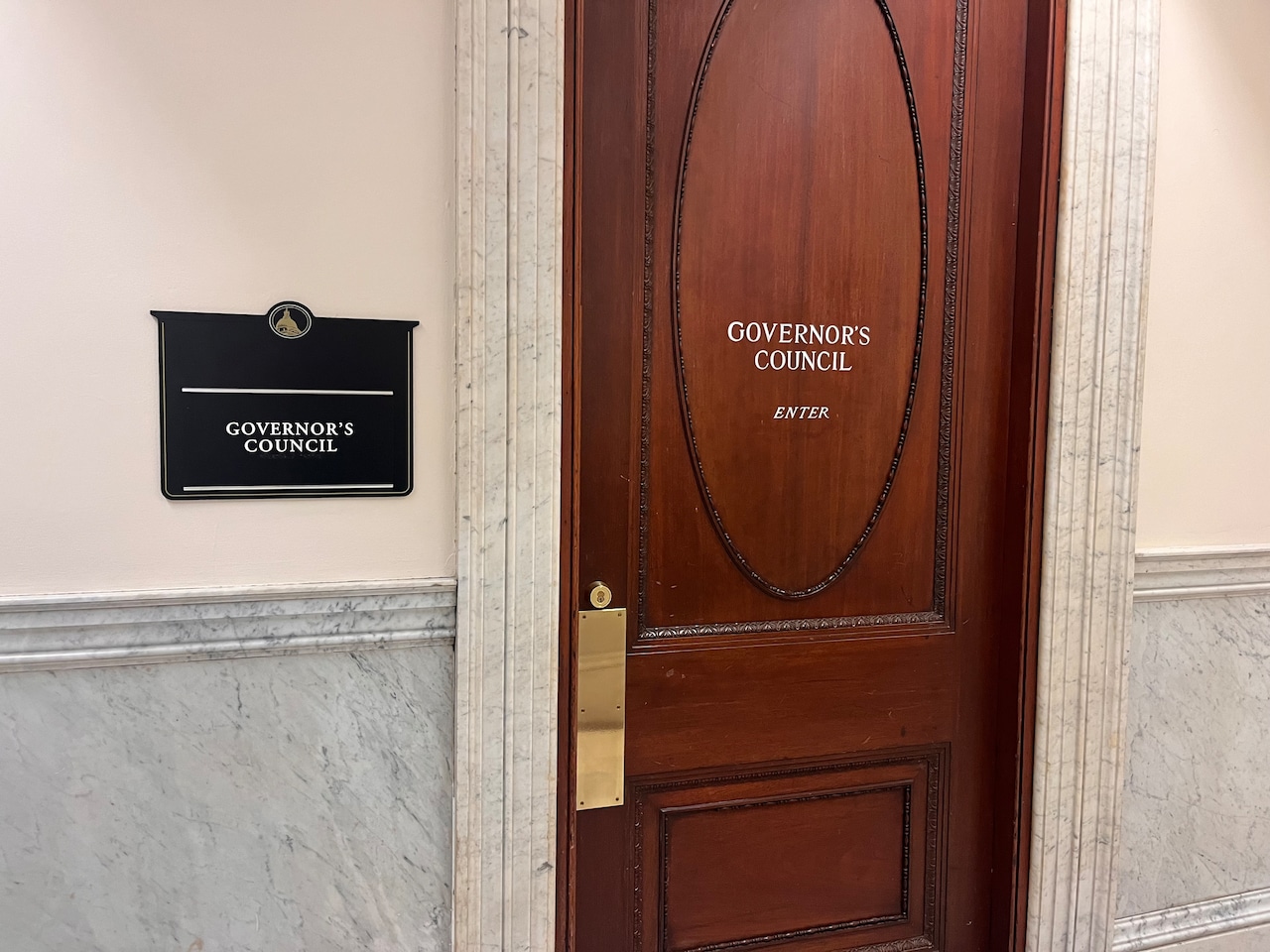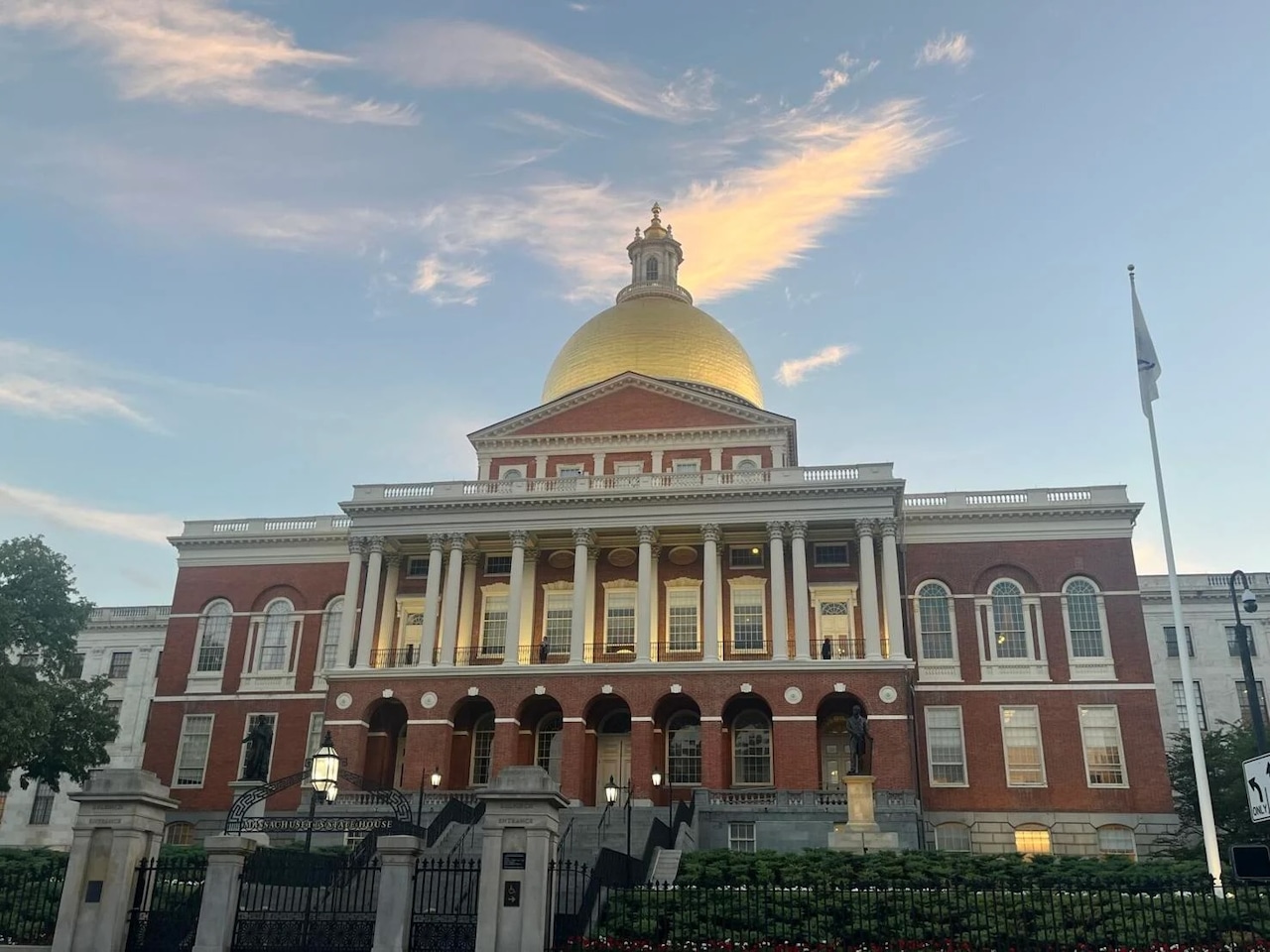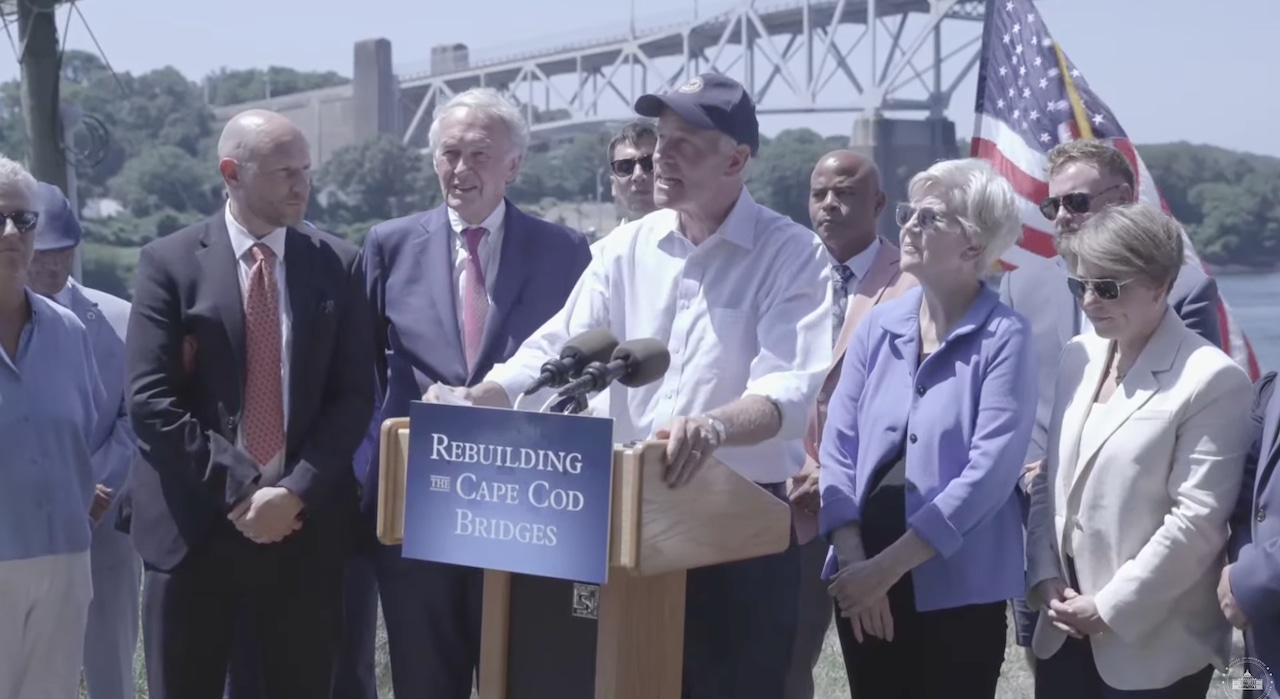
Massachusetts voters appeared Wednesday morning on the brink of approving a first-of-its-kind referendum allowing drivers for companies such as Uber and Lyft to unionize.
The union-backed measure will permit drivers to collectively bargain for wages, benefits and other work conditions.
Such worker rights are available in many industries, but transportation network drivers were left out under existing law, advocates for the measure argued.
The referendum appeared poised to pass as of Wednesday morning. By around 6:45 a.m., “yes” votes led 54% to 46%, with 88% of the vote counted, unofficial tallies showed.
The Associated Press has not yet made a call on the question.
The campaign was backed by the Service Employees International Union, one of the nation’s largest labor organizations.
The union contributed most of the roughly $6 million raised in support of the measure through mid-October, state records showed.
April Verrett, president of the SEIU, told the Associated Press in July that the tens of thousands of Uber and Lyft drivers working in Massachusetts deserve the collective bargaining benefits of unions.
“This would be the first in the nation to establish a union for drivers in this way,” she said.
The campaign overcame warnings from the measure’s opponents that unionizing Uber and Lyft drivers would ultimately raise the companies’ prices, as the costs of doing business passed onto riders.
Some evidence disputed that forecast. One report found that when New York City set a pay standard for ride-hailing drivers in 2019, costs for customers rose only slightly.
The increase wasn’t much more than costs rose in Chicago, where the city had no pay standard for drivers.
Verrett said labor laws in the country aren’t written to consider gig workers — such as drivers for Uber, Lyft, DoorDash or Instacart.
“We fundamentally believe that workers are workers,” she said. “All workers deserve a union, a way to come together with their coworkers to have a say in their livelihood.”
Massachusetts Attorney General Andrea Campbell, who in June reached a settlement requiring Uber and Lyft to pay drivers a $32.50 minimum wage, supported the measure.
Her settlement ended a multi-year lawsuit initiated by now-Gov. Maura Healey when she served as attorney general.
The companies agreed to fork over $175 million to resolve allegations of wage and work-hour law violations, with much of the money directed to current and former drivers.
The settlement also guaranteed drivers paid sick time, a paid stipend for the state’s paid family and medical leave program, occupational accident insurance and some other benefits.
“For years, these companies have underpaid their drivers and denied them basic benefits,” Campbell said in announcing the settlement.
However, driver unionization advocates said issues remained.
Even with a $32.50 minimum wage, after expenses, drivers can take home less than $15 an hour — the state minimum wage.
They also lacked some traditional benefits and remained subject to the whims of a massive corporation, without the protections proponents of the ballot measure said a union would provide.
In an interview last month on GBH’s Boston Public Radio, Campbell said allowing driver unionization would build upon her agreement with the companies.
In addition to Campbell’s support, the measure won endorsements from U.S. Reps. Jim McGovern, D-2nd District, and Ayanna Pressley, D-7th District.
Polling ahead of the election seemed to indicate wide support for the ballot measure.
A University of Massachusetts Amherst poll of 700 state residents, conducted from Oct. 3 to 10, found 58% support and 27% opposition to giving transportation network drivers the option to unionize. It had a margin of error of 4.8%.
Material from the Associated Press was used in this report. MassLive Reporter Charlie McKenna contributed additional reporting.






